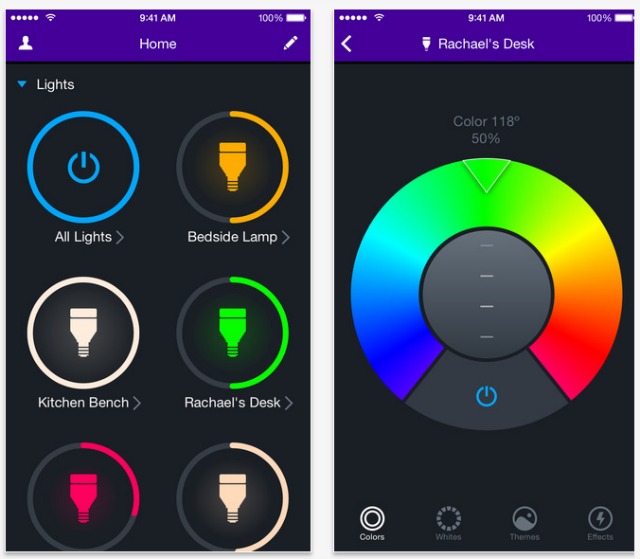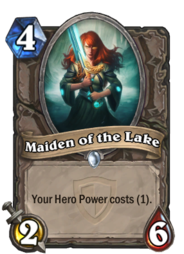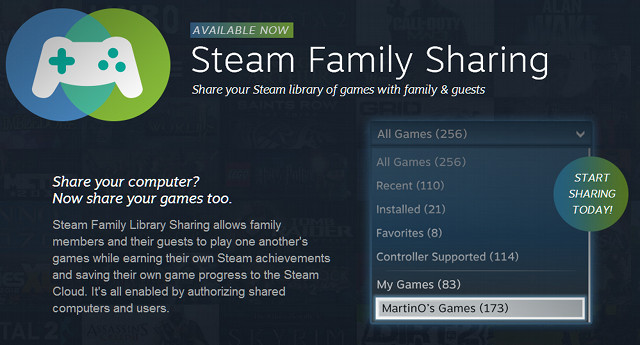

The world has gone full-on mobile, and it’s not uncommon for people to do most of their work on smartphones and tablets these days — but a lot of times, “work” is usually assumed to mean “word processing”. Text documents are important, but what about spreadsheets?
There are several free office suites on Android and most of them support spreadsheet capabilities. So which one should you use? Is there more to these apps than simply “it can load my files just fine”? Does it matter which one you pick?
Let’s take a look.
Given that we’re talking about Android devices, one would probably expect Google Sheets to be the best available app of all choices — and it’s true, Google Sheets is pretty darn good. It’s fast, it’s packed with features, it’s free, and it looks good.
It’s a must-have app if you use the Google Docs suite on the Web because it synchronizes across platforms (though with a few glitches) and allows you to store and manage all of your data in one convenient location. If you’re already invested in the Google environment, it doesn’t make sense to use anything else.
But even as a one-off file viewer or editor, Google Sheets works. It can handle Microsoft Excel files without a hitch, and the interface is simple enough that you won’t feel cluttered — even on a smartphone. And it also works well offline, which is a bonus.
The fact that Google provides its various office apps as separate components is worth highlighting. Instead of installing a big and bulky “Google Docs” bundle, you can ignore everything and just install Google Sheets if all you need is spreadsheet support.
Microsoft has made a real turnaround over the past few years, making uncharacteristic decisions like open sourcing the .NET Framework and making OneNote completely free. But in 2015 they released Office for Android, and it blew us away.
Android is a Google platform, but you can read our take on how Microsoft took over our Android devices. Long story short: the entire workflow is clean, simple, intuitive, and a breath of fresh air. Microsoft has truly caught up — in fact, they’re leading the race.
Microsoft Excel on Android can load pretty much any spreadsheet format without losing layout or formatting integrity. It also supports all Excel formulas, tables, charts, and even Sparklines. The only downside is that it requires between Android 4.4.x and 5.1.x. Support for 6.0 is on its way.
Do you prefer Google Drive over OneDrive? Don’t let that stop you. This app supports Google Drive just fine. (And you can make your life even easier by integrating Google Drive right into Microsoft Office, too.)
And like Google, Microsoft offers Excel as a standalone app. It used to be one massive app called Office for Android, but they did the smart thing and broke it up. Kudos to Microsoft for doing the right thing with this one.
One would think that either Google or Microsoft holds the crown for #1 most downloaded office app on Android, but here’s the weird thing: that title belongs to WPS Office, which has close to 100 million active installs.
This app is 100% free without any ads or in-app purchases, which is great enough on its own, but what’s truly impressive is that WPS Office has the quality of premium software. It’s fast, it looks great, it’s easy to learn, and everything just works.
It only supports Google Drive and Dropbox (sorry OneDrive users) but can create, open, and edit nearly all spreadsheet formats.
It has some function and formula capabilities, but not all that you’d find in Excel. Could it be better? Sure. Is it enough for the average user? Absolutely.
Polaris Office is an awesome suite of tools that works well as a wholesale replacement for all of the office apps offered by Google and Microsoft. It might be too much for some folks, but for frequent on-the-go workers, it’s perfect.
Not only can it create, open, and edit any Microsoft Excel spreadsheet, but it also has support for 300+ formulas, 20+ chart types, and all kinds of filters, templates, and drawing shapes. New accounts get 10GB of free cloud storage on Polaris’s servers.
When saved, files are automatically uploaded to the cloud, but will also be stored locally on your device for offline editing. Don’t feel like managing yet another cloud account? Polaris Office also integrates with Dropbox, Google Drive, OneDrive, and Box.
But perhaps the coolest feature of Polaris Office is its support for Google Chromecast, which allows you to broadcast all documents, spreadsheets, and presentations to any display that also supports Chromecast. So it’s useful when you need to show a particular spreadsheet to a group of people.
Polaris Office also offers a premium subscription at $4 per month or $40 per year. This subscription unlocks the ability to export all file formats as PDFs, password protect your files, locate documents with a content search, and get a cloud storage boost to 100GB.
Like the two other above, OfficeSuite is a collection of office-related apps, so if you’re just looking for a standalone spreadsheet handler, then this will probably deliver more than you’re asking for. That being said, OfficeSuite doesn’t feel bloated at all.
In fact, one of the things I like about OfficeSuite is how polished it looks and how fast it performs. The interface manages to cram a lot of useful information without taking up too much screen estate. Even on my less-than-ideal 4.3-inch screen, it feels spacious.
OfficeSuite was recently updated to increase responsiveness across the entire app, and it shows. Still using a two- or three-year-old device? No worries. Then again, if you’re already on Android 6.0 Marshmallow, you’ll be happy to know that OfficeSuite has several features specifically designed for Marshmallow devices.
There’s plenty of support for all kinds of cloud services, including Dropbox, Google Drive, OneDrive, and Amazon Cloud Drive. It’s also available in 56 different languages. Is it free? It sure is, but it also has a premium version with lots of additional features for $15.
Let’s be clear about one thing: all of these apps are fantastic. Each one has its quirks, of course, and the one that works best for me may not be the one that works best for you. However, if we could, we’d include all of them in our list of Android’s best apps.
I’m personally split between Google Sheets and Microsoft Excel because they are standalone solutions, but if you have the time, do try them all. You might be surprised by the one you end up loving.
Which one appeals most to you? Do you prefer to have an all-in-one office app or a standalone solution for each kind of work? Share your thoughts with us in the comments below!




 Dying Light (Xbox One) tricks
Dying Light (Xbox One) tricks Counter-Strike: Global Offensive - How to Cooldown Timer Work
Counter-Strike: Global Offensive - How to Cooldown Timer Work Dark Souls 2 (PC) New Game Plus Checklist
Dark Souls 2 (PC) New Game Plus Checklist Hearthstone The Grand Tournament Crafting and Dusting Guide
Hearthstone The Grand Tournament Crafting and Dusting Guide Steam Family Sharing: How Do You Use It?
Steam Family Sharing: How Do You Use It?